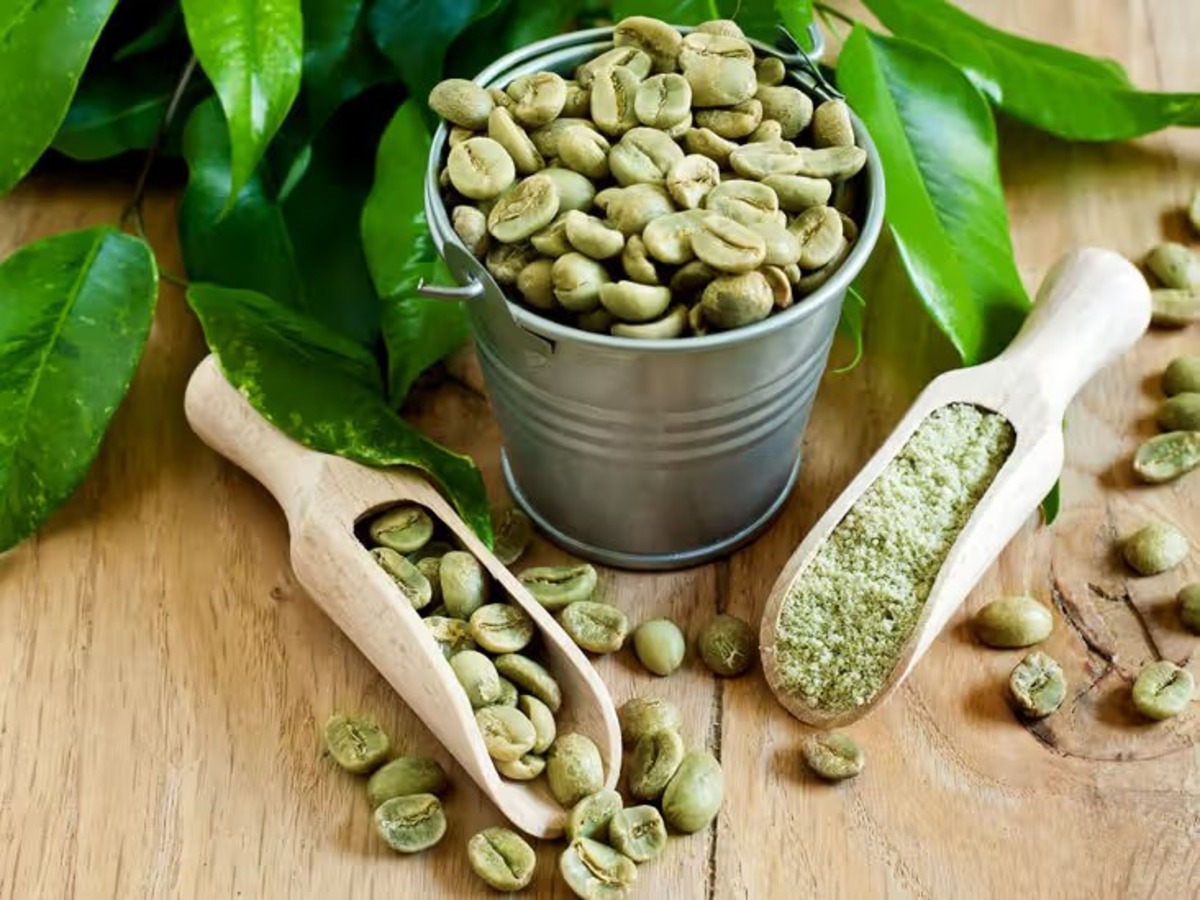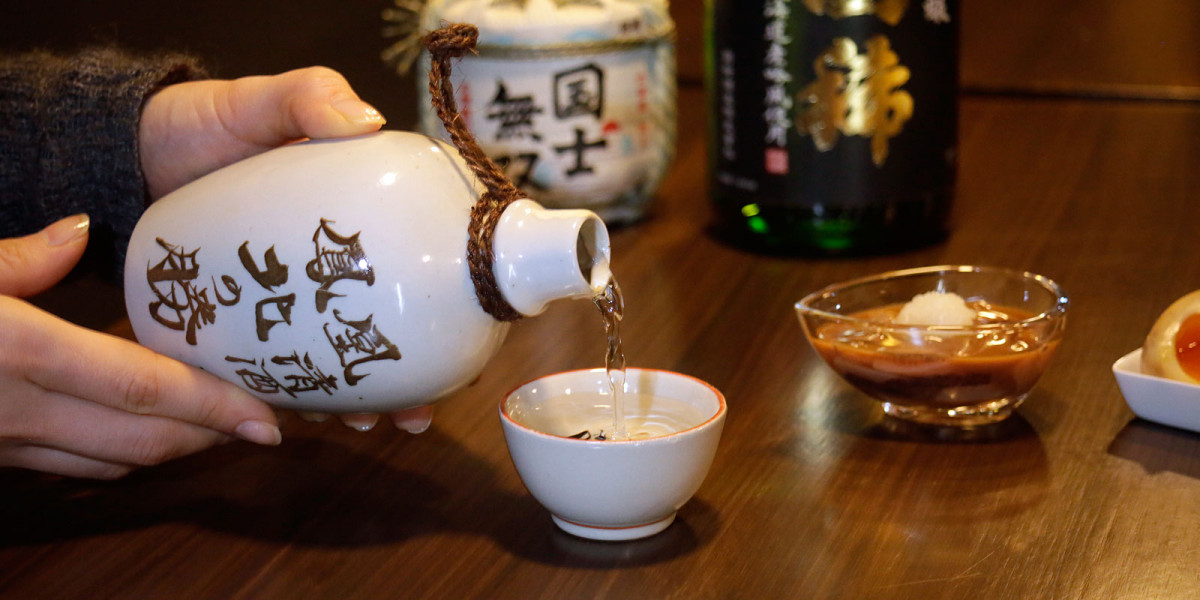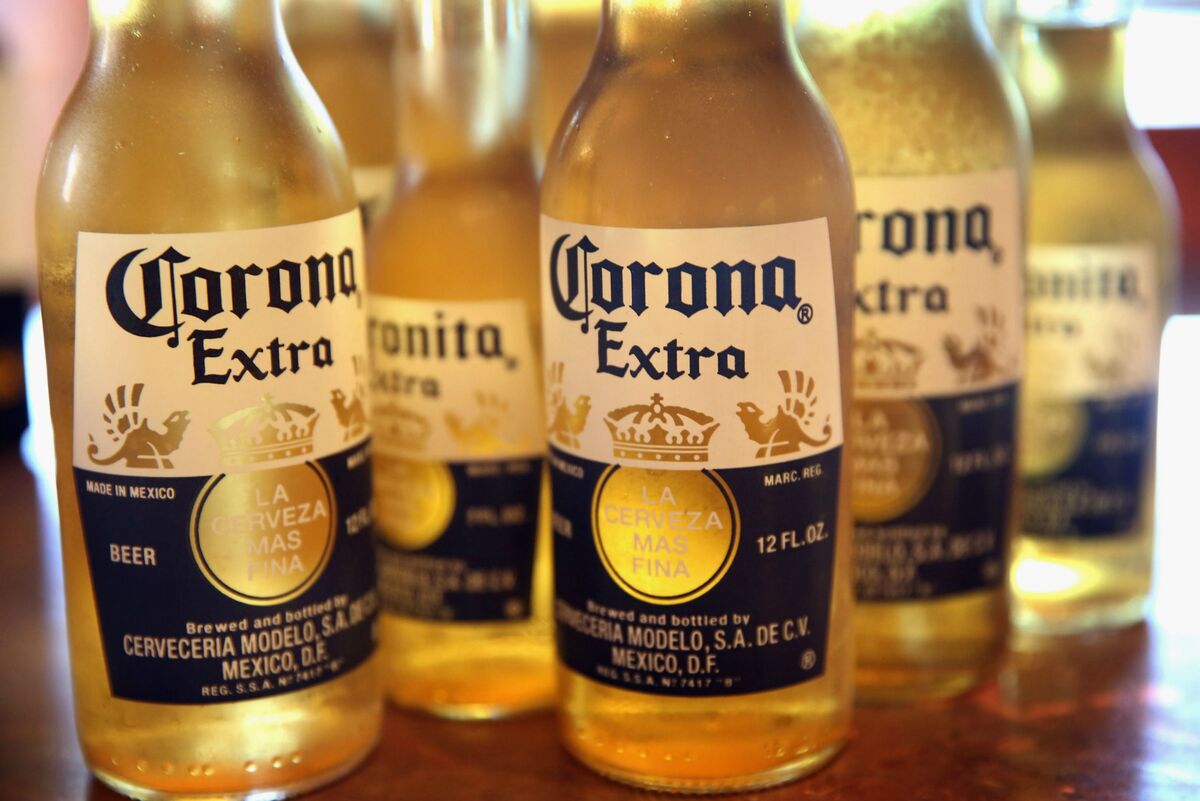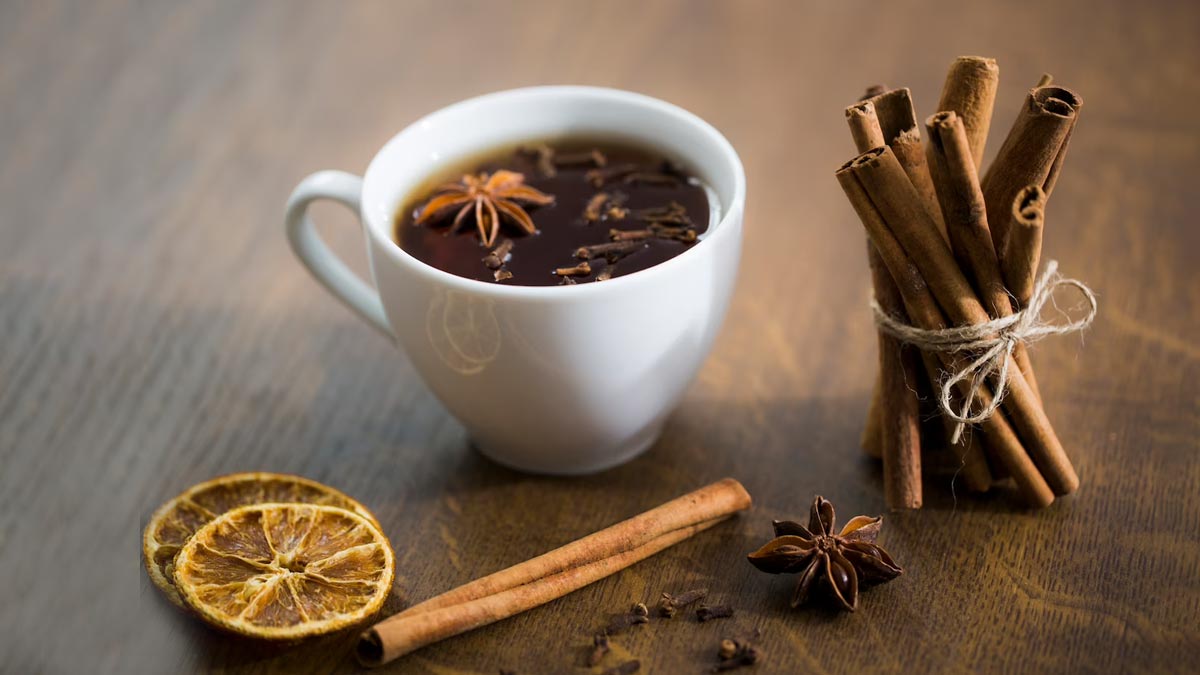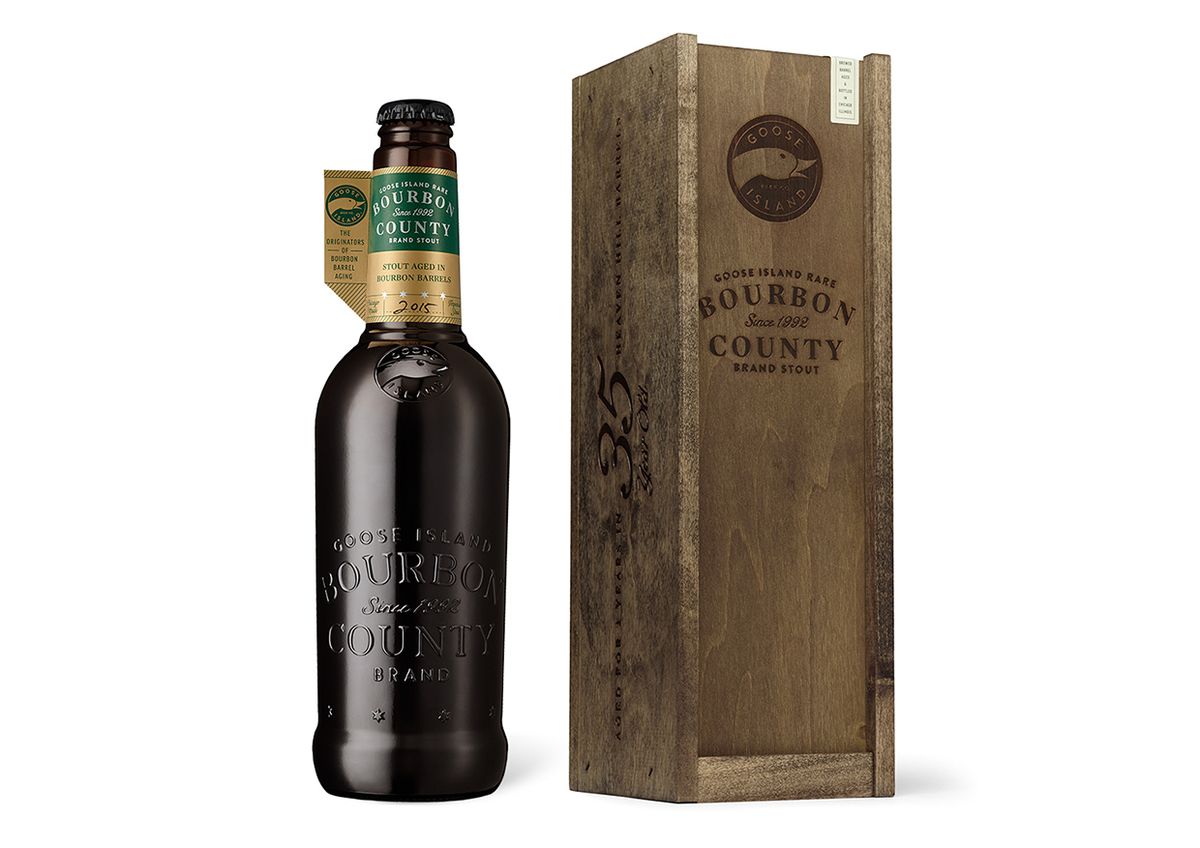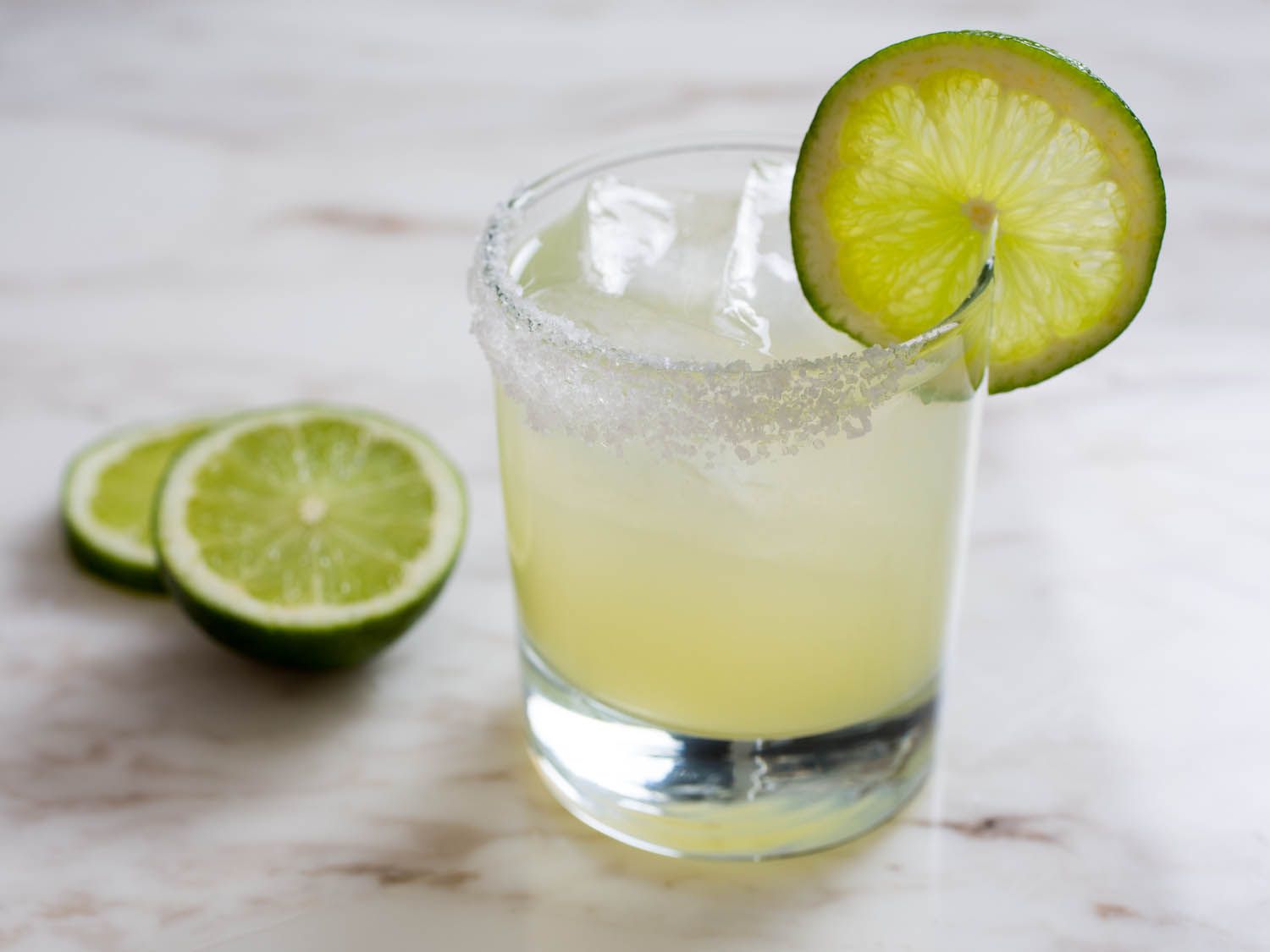Enjoy Green Tea Without Staining Your Teeth
Green tea is a popular and healthy beverage that offers a wide range of health benefits, including improved brain function, fat loss, and a lower risk of cancer. However, one common concern among green tea drinkers is the potential for it to stain their teeth. The good news is that there are several simple and effective ways to enjoy green tea without worrying about staining your pearly whites.
Choose High-Quality Green Tea
When it comes to preventing teeth stains, not all green teas are created equal. Opt for high-quality green tea, such as matcha or loose-leaf varieties, as they tend to have a smoother flavor and are less likely to cause staining. High-quality green tea is also packed with antioxidants, which can help combat the bacteria that lead to plaque and tooth discoloration.
Use a Straw
Using a straw is an effective way to minimize the contact between the green tea and your teeth. When you sip green tea through a straw, the liquid bypasses your teeth, reducing the risk of stains. This simple trick can make a significant difference in preventing discoloration, especially if you’re a frequent green tea drinker.
Drink Water Afterwards
Rinsing your mouth with water after drinking green tea can help wash away any residue that may contribute to staining. Swishing water around your mouth can help prevent the tea from lingering on your teeth, reducing the likelihood of discoloration. Additionally, staying hydrated by drinking plenty of water throughout the day can help maintain overall oral health and minimize the impact of staining.
Practice Good Oral Hygiene
Maintaining good oral hygiene is essential for preventing teeth stains. Brushing your teeth regularly, flossing, and using mouthwash can help remove surface stains and prevent the buildup of plaque. By taking care of your oral health, you can enjoy green tea without the fear of it causing discoloration.
Enjoy Green Tea with Milk
Adding milk to your green tea can help reduce its staining potential. The proteins in milk can bind to the tannins in green tea, which are responsible for staining, and prevent them from adhering to your teeth. This simple addition can not only enhance the flavor of your green tea but also minimize its impact on your smile.
Conclusion
Green tea is a delicious and beneficial beverage that can be enjoyed without worrying about staining your teeth. By choosing high-quality green tea, using a straw, drinking water afterwards, practicing good oral hygiene, and adding milk to your tea, you can savor your favorite brew while maintaining a bright, white smile. With these simple tips, you can continue to reap the health benefits of green tea without compromising the appearance of your teeth.
Was this page helpful?
Read Next: How To Drink Herbalife Tea
